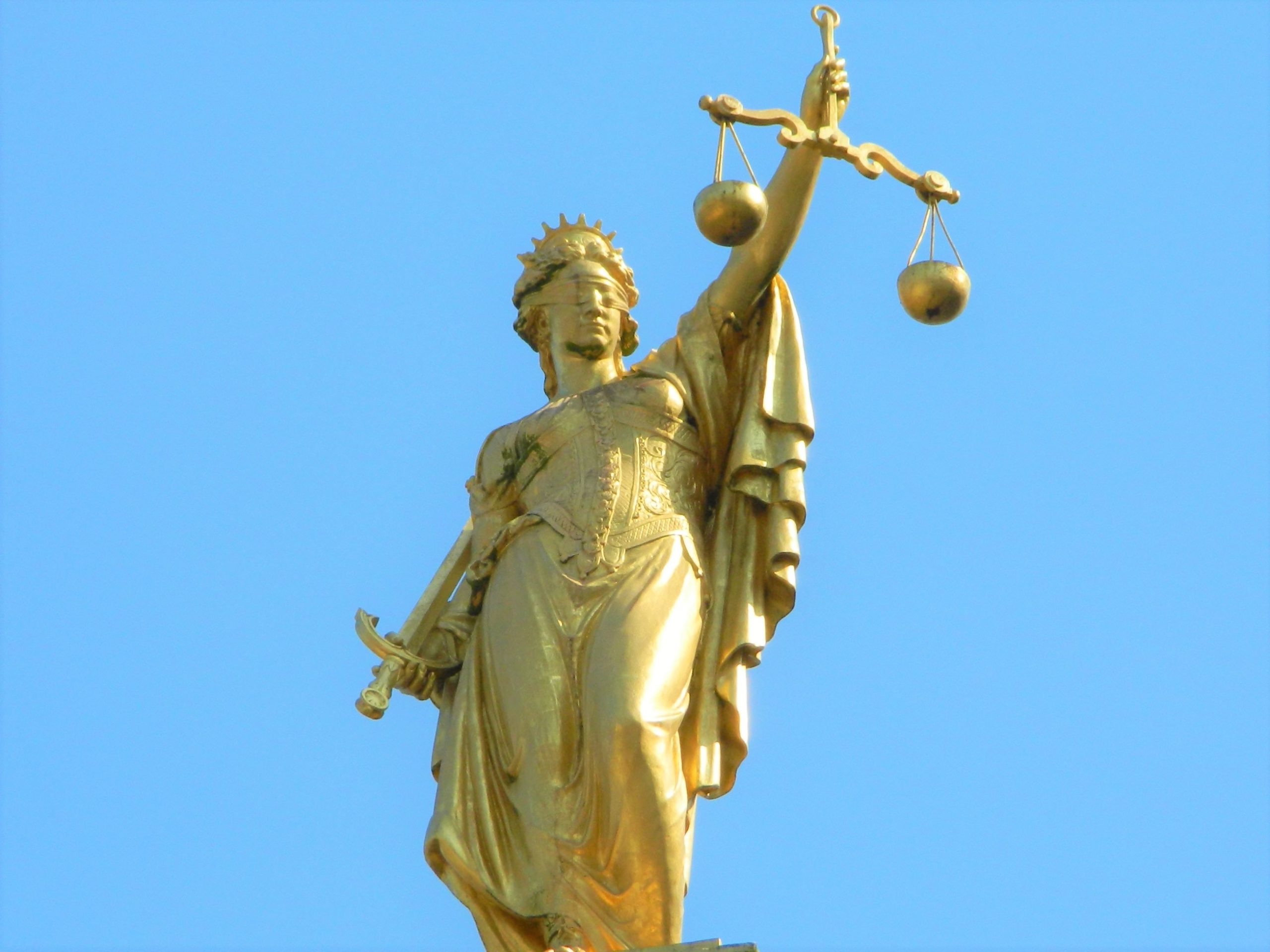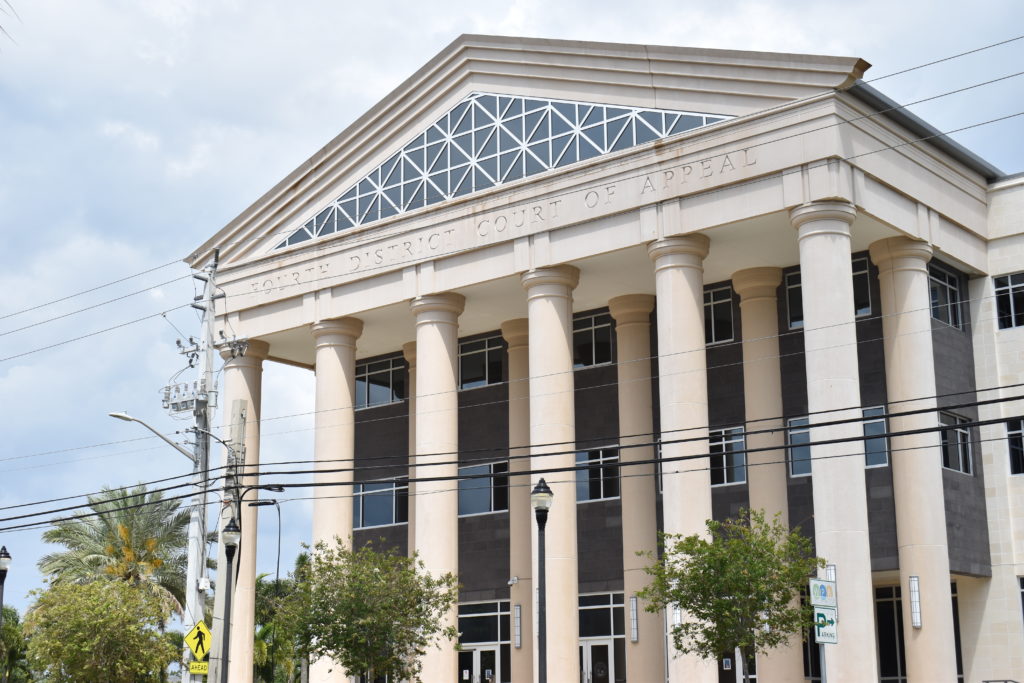Does a Trustee Own the Property?

Trust beneficiaries have a lot of rights under Florida law. That’s because Florida Trustees owe a lot of duties to their beneficiaries. Sometimes, beneficiaries don’t trust their trustee. Sometimes, beneficiaries think the trustee is stealing from the trust. When they are not. There is often confusion about the trustee “owning” property. Let’s discuss and explain in Plain-English does a trustee own the property? We have previously commented on REMOVING a trustee, a trust SURCHARGE and also beneficiary RIGHTS. Now, let’s focus on ownership of trust property.

Trust Property + Bank Accounts
A trustee holds “legal” title to trust property. That has also been described as “record” title. Usually in the context of trust owned real estate. But who really owns trust property? The beneficiaries may think that they do. And of course, the trustee is the one in charge. A trustee is the record owner. Her name should appear on any deeds to trust-owned real estate. And Bank Accounts or financial accounts. It’s proper to identify the title of “trustee,” and to identify the trust by its name and date, in the title on the account, or the deed. An example of this is: “Jane Smith, IV, Trustee of the Emma Smith Trust, dated October 1, 1967.” That tells the world that the trustee does not own the bank account or real estate individually or personally. Sometimes, new beneficiaries freak out. “The trustee is putting her name on the deed!” they complain. Or, ” The trustee is taking the bank account.”
What is my Trustee doing?
Well, that’s what Florida trustees are supposed to do. They are supposed to have their names on deeds to trust-owned real estate. Trustees are supposed to hold “title” to land and real estate owned by the trust. After all, if the real estate needs to be sold, guess who’s signing the deed? The trustee. And when a trustee takes over, her job is often to gather assets which belong in the trust. That happens a lot when a revocable trust creator dies and the trust is now irrevocable. With a new trustee. And there are assets outside of the trust in the name of the deceased trust creator. Gotta move ’em in to the trust ! This often involves “re-titling” bank accounts. This is done by putting the trustees name, and the name of the trust, on the form and bank account title and statements. Re-titling assets in the name of the trust does not mean that the trustee is “taking” anything. Necessarily. But, what else should you know about does a trustee own the property?
What Do the Beneficiaries Own?
You can read all about beneficiary rights, and trustees’ duties, under the FLORIDA TRUST CODE. For a number of excellent, FREE TRUST VIDEOS , click HERE. Beneficiaries do own the trust property. But…not exactly ! It is said that trust beneficiaries hold EQUITABLE TITLE. The trust is administered, or run, for their benefit. Beneficiaries do not own, or hold, legal title. Trustees do, because they run the trust. Beneficiaries, can’t, on their own, sell trust property. A trustee does that. Beneficiaries receive the benefits of the trust, its assets and its administration. If you are wondering about deeds which use the words “Trustee” or “As Trustee” after someone’s name, check out Florida Statute 689.07.